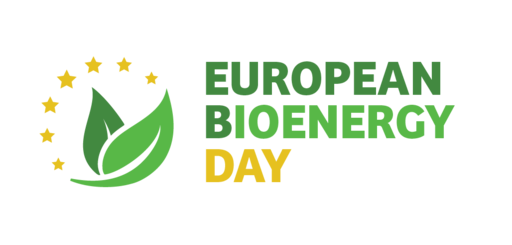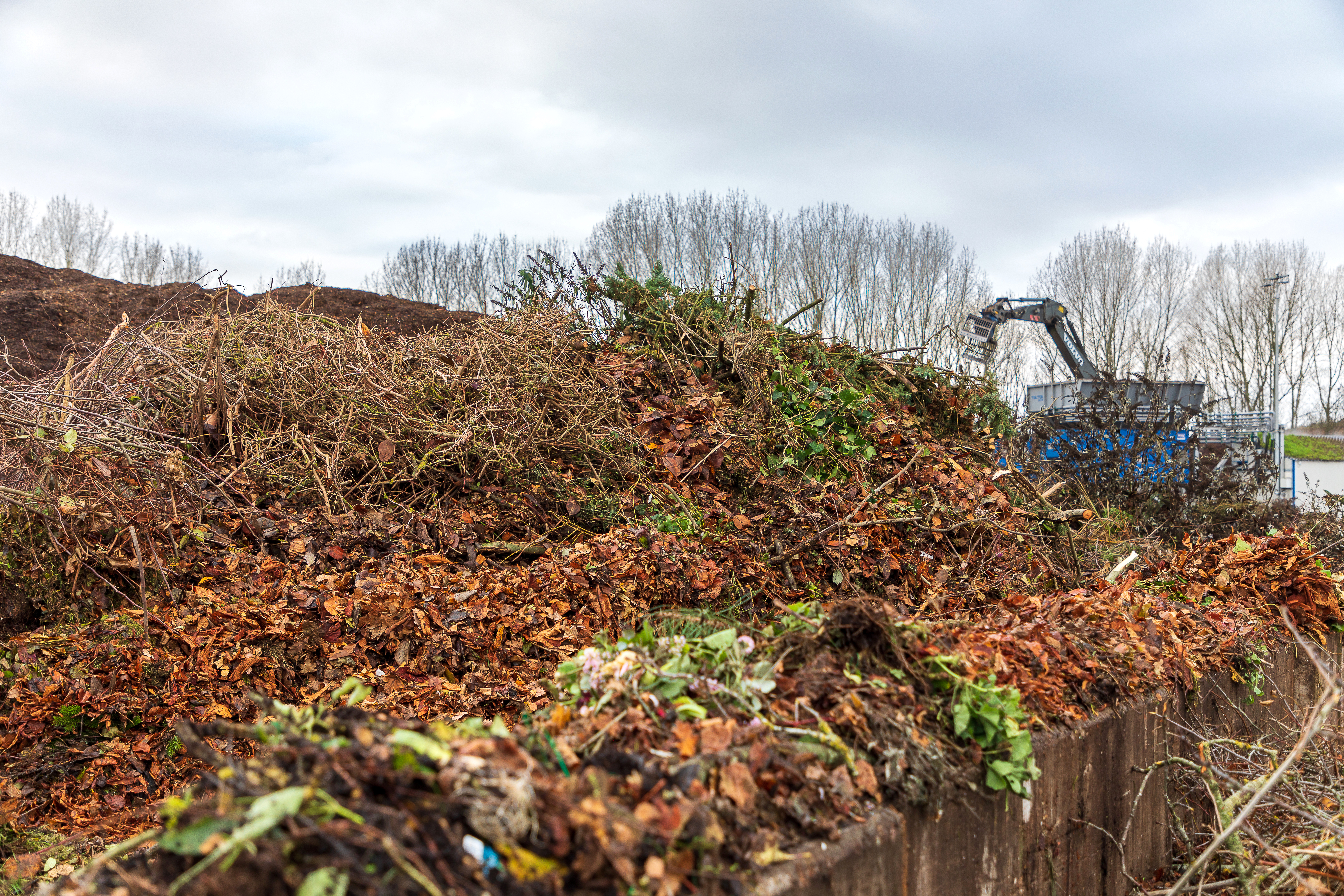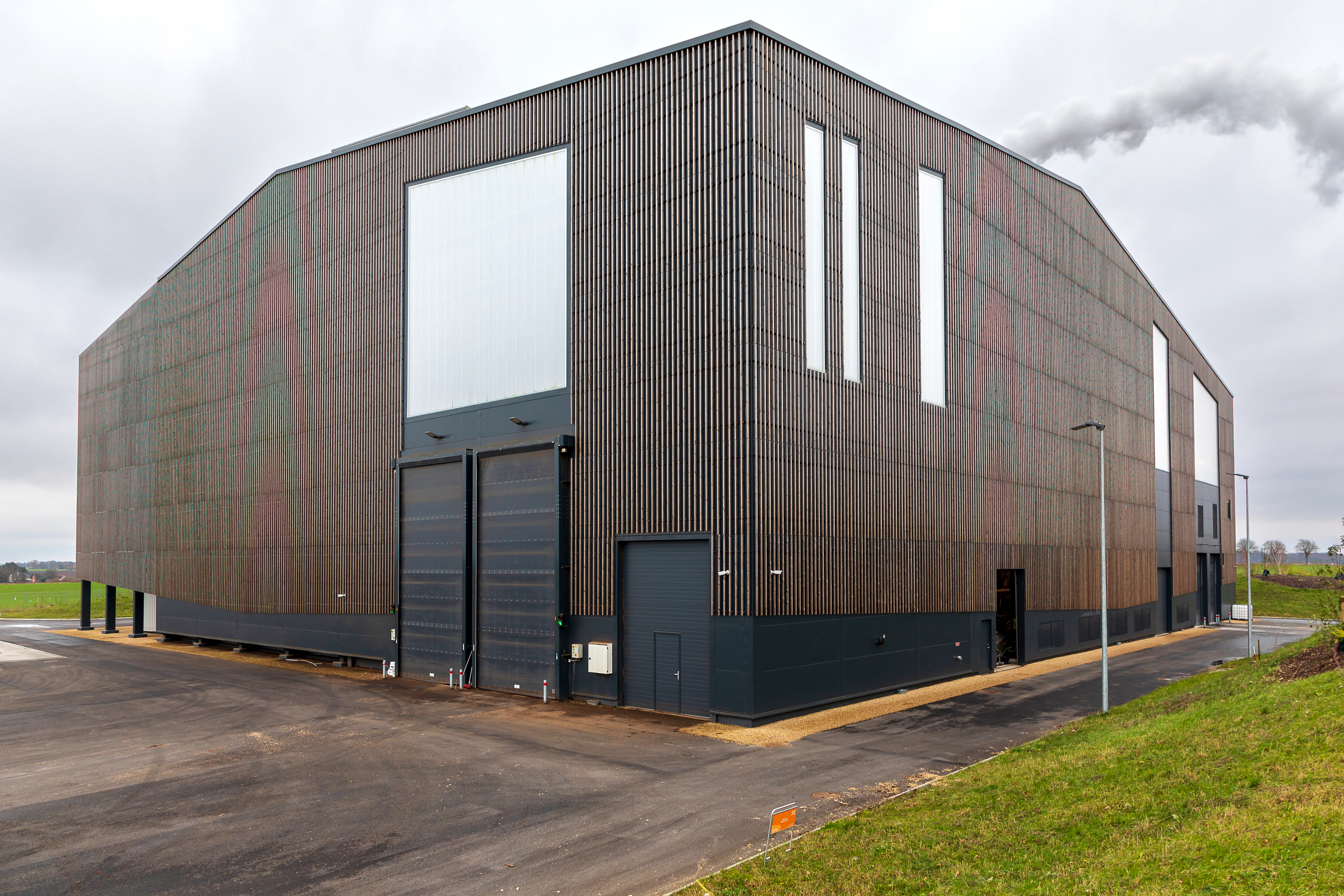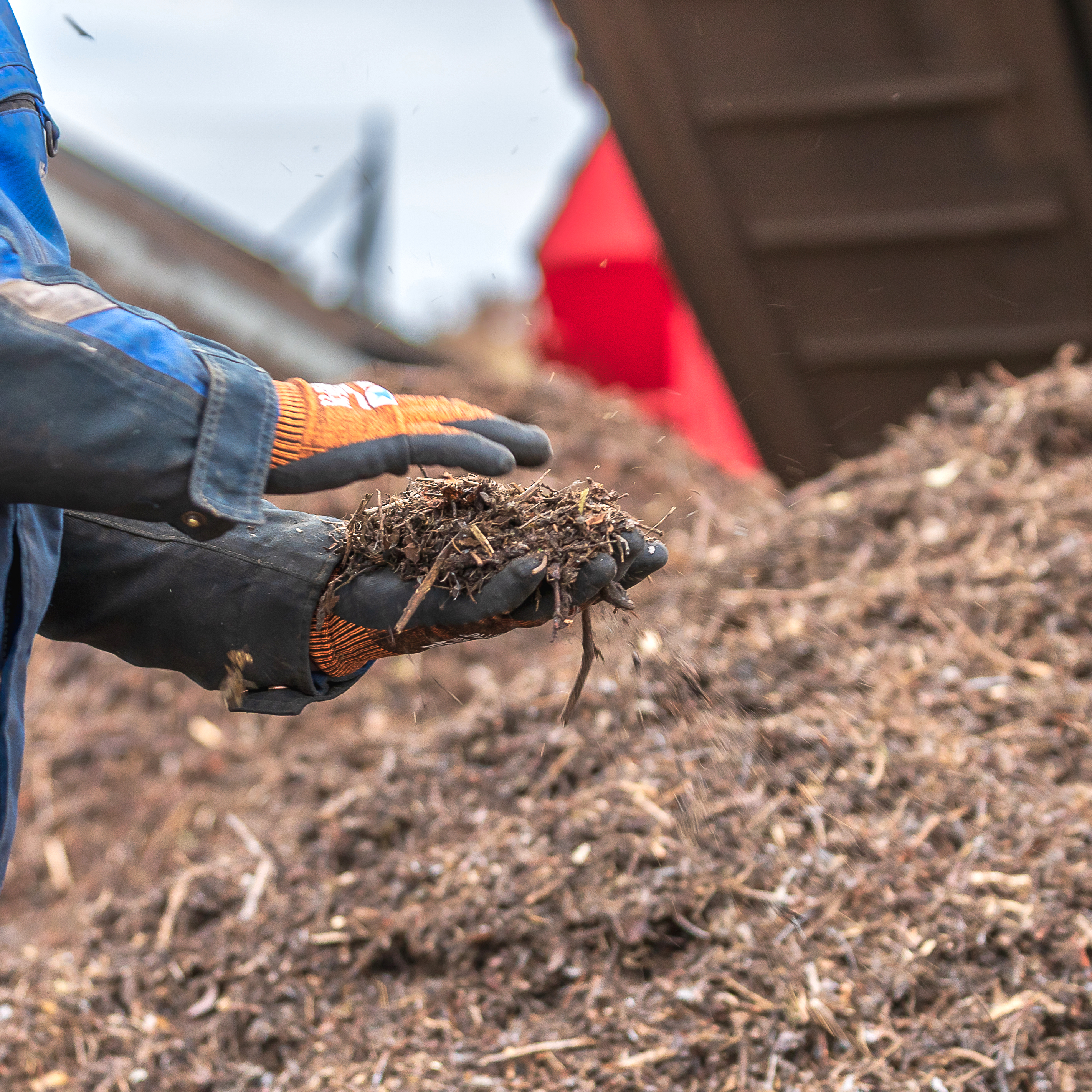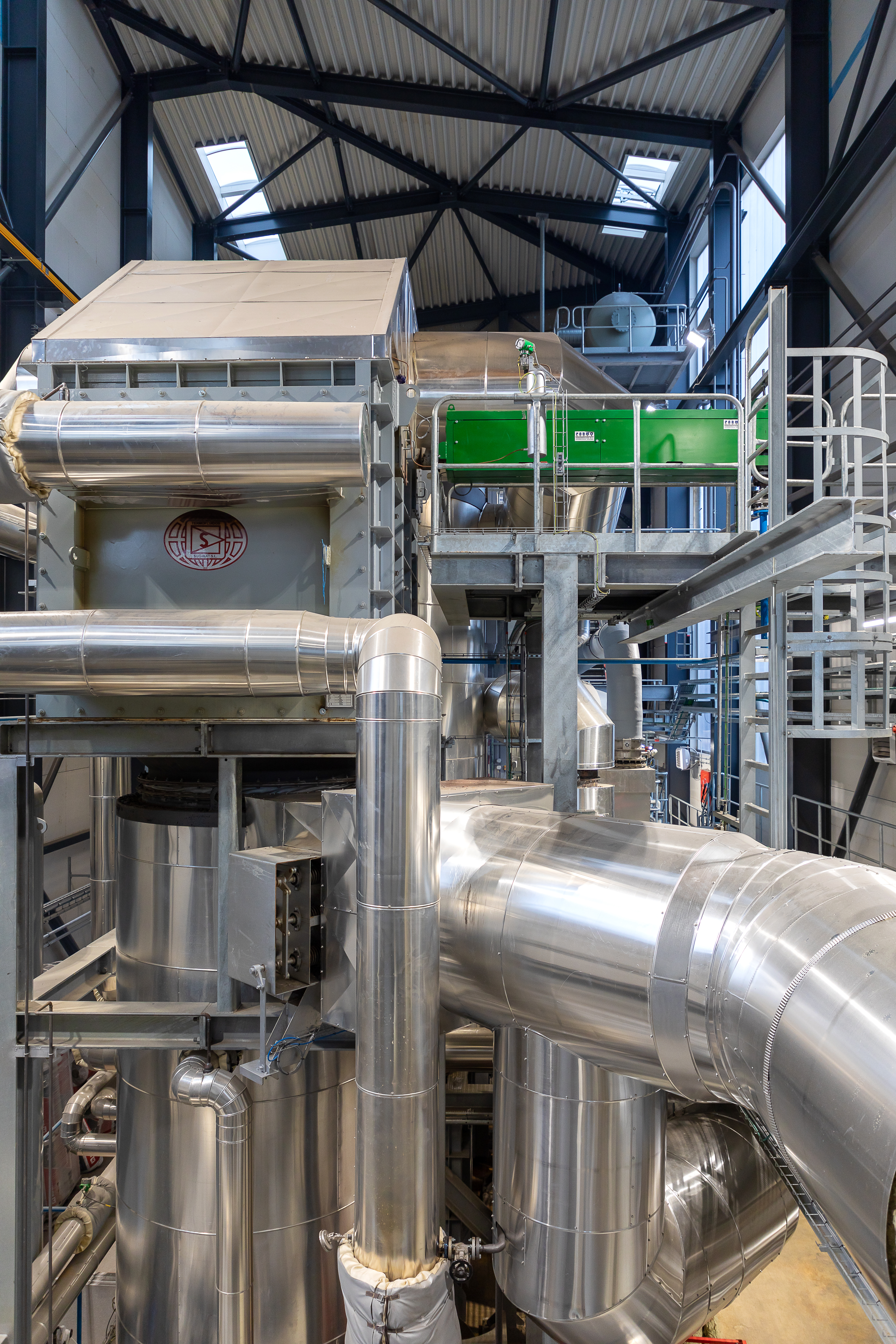Denmark: 18 September 2024
Thumbs up for Sorø Bioenergi
We offer a close look into Sorø Fjernvarme’s biomass-fired combined heat and power (CHP) plant to understand its fuel sourcing and operational experiences. The plant is located in the town of Sorø in Denmark, a municipality with around 8,000 residents, and was officially inaugurated on October 14, 2021, following a groundbreaking ceremony in June 2020..
A story brought to you by:
Sorø, a historic town in Region Sjælland, Denmark, is home to a new biomass-fired combined heat and power (CHP) plant, Sorø Bioenergi, which was officially inaugurated on October 14, 2021.
This facility marks a significant step in the town’s transition to renewable energy. The plant not only represents a technical and sustainable achievement but also as a striking architectural feature in the region, fulfilling a key objective set by the local town council.
AffaldPlus and Its Role in Biomass Fuel Supply
The plant’s fuel is sourced and processed by AffaldPlus. AffaldPlus plays a vital role in transforming local green waste into biomass fuel, making the project both sustainable and community-driven.
In fact, the municipality-owned non-profit company operates multiple waste processing facilities, including waste-to-energy (WtE) plants in Næstved and Slagelse, and manages green waste from 13 depots. One of these is Næstved Biobrændsel, the central biomass processing terminal that supplies the fuel to Sorø Bioenergi. Here, garden waste such as hedge trimmings, tree prunings, and other park waste is processed into biomass fuel.
Each year, around 53,000 tonnes of green waste are processed at Næstved Biobrændsel, with 11,000 tonnes becoming biomass fuel. This fuel is then transported to Sorø Bioenergi to generate district heat for Sorø, replacing the natural gas previously used.
Architectural and Environmental Considerations
The CHP plant was designed not just as an industrial facility but as a landmark for Sorø. Its design was influenced by traditional local farmsteads, incorporating sustainable materials such as heat-treated wood for the façade and a green sedum roof to promote biodiversity and manage rainfall. These design choices ensure that the plant contributes positively to the town’s visual and environmental landscape.
Overall, the Sorø Bioenergi project stands as a success, demonstrating how modern technology can be integrated with sustainable construction and community involvement. It offers a model for other regions looking to transition to renewable energy while maintaining strong ties to the local economy and environment.
Find out more on Bioenergy International, and discover their first-hand insights on Denmark’s path to defossilisation.
About the campaign
The European Bioenergy Day campaign is powered by Bioenergy Europe and relayed across Europe by both national and international partners supporting the view that bioenergy is more than a renewable energy source, it is also a reliable path that will lead Europe to achieve its renewable energy transition.
European Bioenergy Day on Social Media
